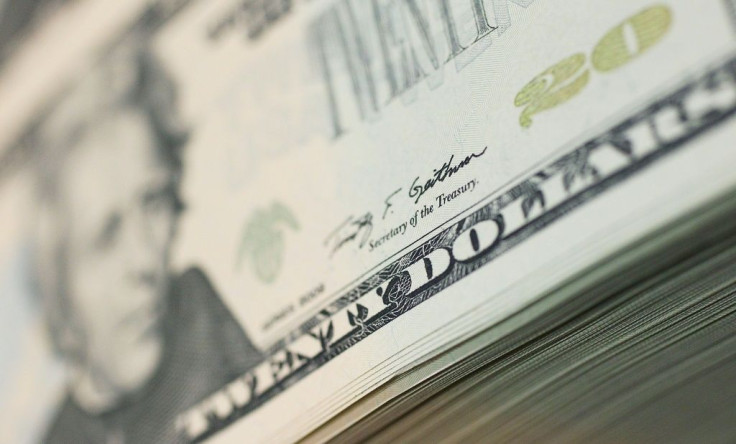Zambia 'Technically' In Default After Debt Non-payment
Zambia on Wednesday said it had deliberately withheld paying $42.5 million towards its foreign debt as it is about to be officially declared Africa's first economy to default during the coronavirus pandemic.
The copper-rich country failed to make an interest payment on a eurobond, a dollar-denominated bond placed with international investors, which was due on Friday.
Failure to honour its obligations could see it officially declared in default in coming days.
But central bank governor Christopher Mvunga said the non-payment was an intentional move.
"It's not that we could not pay, just that if we pay one creditor then we need to pay all creditors," Mvunga told reporters in Lusaka, adding it was a "conscious decision" to not pay.
"One of the conditions is that all creditors have to be treated equally or equitably. I cannot pay one creditor and I am not paying the other one. That is not equitable so the default in itself has got that background," he said.
The government in September requested a six-month deferral on interest payments for three commercial eurobonds worth $3 billion.
But it missed the $42.5 million interest payment due on one bond on October 14, prompting ratings agency S&P to declare the country in default.
Fitch Ratings on Tuesday said it had downgraded the country's foreign currency issuer default rating to 'RD' from 'C' following the non-payment.
The grace period which ended Friday was for payment on a $750 million eurobond due to expire in 2022.
An official declaration of default is inevitable, analysts say.
"Technically they are in default, but officially it needs to be declared (by a special panel) which consists of credit analysts from major investment banks," said Robert Besseling, Johannesburg-based executive director of EXX Africa, a political and economic risk consultancy.

That should happen within days, he said.
Lusaka-based independent economist Mambo Hamaundu "it's no longer a secret that there is a default."
Zambia's external debt has surged to nearly $12 billion this year.
Analysts suspect that after the default, the government will resort to printing money to buy more government bonds. That would push up inflation and trigger a plunge in the value of the kwacha currency.
"And you (will) have a Zimbabwe scenario on your hands which Zambia is already very much steering towards," warned Besseling.
Zambia is also one of China's prominent debtors, officially owing around $3 billion although analysts believe the real figure could be between $6 billion and $9 billion.
Finance Minister Bwalya Ngandu told lawmakers on Wednesday that he was engaging all creditors to try negotiate rescheduling debt repayment.
"This we believe offers a window of opportunity for reaching a mutually acceptable solution notwithstanding their decision to decline the debt standstill request," said the minister.
The G20 last week declared a framework to restructure the debt of 38 sub-Saharan African countries ravaged by the coronavirus. Zambia has applied for debt suspension under the deal.
Meantime, international charity ActionAid, is "hoping that bondholders will agree to giving countries such as Zambia debt relief," said its Zambian director Nalucha Nganga.
But the "best option will be debt cancellation," she told AFP.
© Copyright AFP 2024. All rights reserved.





















